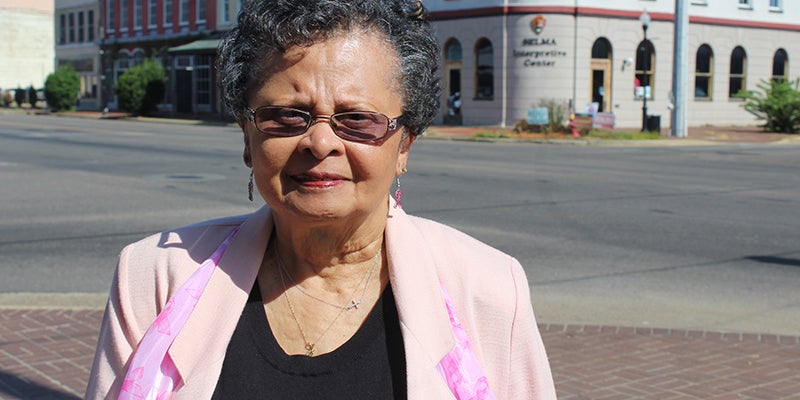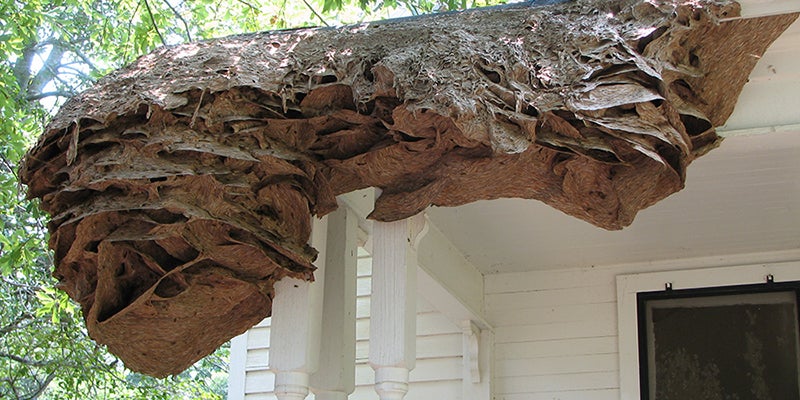Health Department: Beware of Vibrio in Alabama waters
Published 9:54 pm Wednesday, August 8, 2018
Flesh eating bacteria are occasionally found in Alabama waters.
Alabama’s Department of Health recently sent out a warning after several cases of people contracted Vibrio.
Vibrio can be found on the Alabama Gulf Coast, in areas like Mobile, Dauphin Island, Gulf Shores and Orange Beach. Vibrio increase in abundance when the waters warm up above 68 degrees between May and October in the Gulf.
Vibrio prefer brackish water best, a mixture of fresh and sea water found where rivers meet the sea. Bays and inland waters store Vibrios.
“At this time of year, you’ll see Vibrio in coastal waters,” said Dr. Karen Landers of the Alabama Department of Public Health. “It’s natural habitat is the coast. I’m not an environmentalist, but in terms of water, you can see Vibrio in the water.”
Vibrio illness symptoms include diarrhea, vomiting, abdominal pain, chills, fever, shock, skin lesions and wound infections. If a person has a compromised immune system, the bacteria can infect the bloodstream and could die.
Landers, however, hasn’t ruled out Vibrio being found in rivers. The Alabama River is formed by the Tallapoosa and Coosa Rivers. It flows west to Selma until 45 miles from Mobile where it unites with the Tombigbee, forming the Mobile and Tensaw Rivers and discharges into Mobile Bay.
“It’s more commonly found in coastal and brackish water, but we’ve had a case where it showed up in rivers,” Dr. Landers said.
The school year may have just started, but people will visit the Alabama Coast until Labor Day weekend. People also fish in rivers all year long and the temperatures don’t cool off until the end of October.
Landers offers advice to those who contract Vibrio.
“You have to be aware of safety and health,” Dr. Landers said. “If you sustain a cut in river or coastal water, carefully clean the cut and go to the doctor. Cuts and scrapes can be severe. While there are numerous infections each year, a small number of people develop serious or sometimes fatal infections.”




